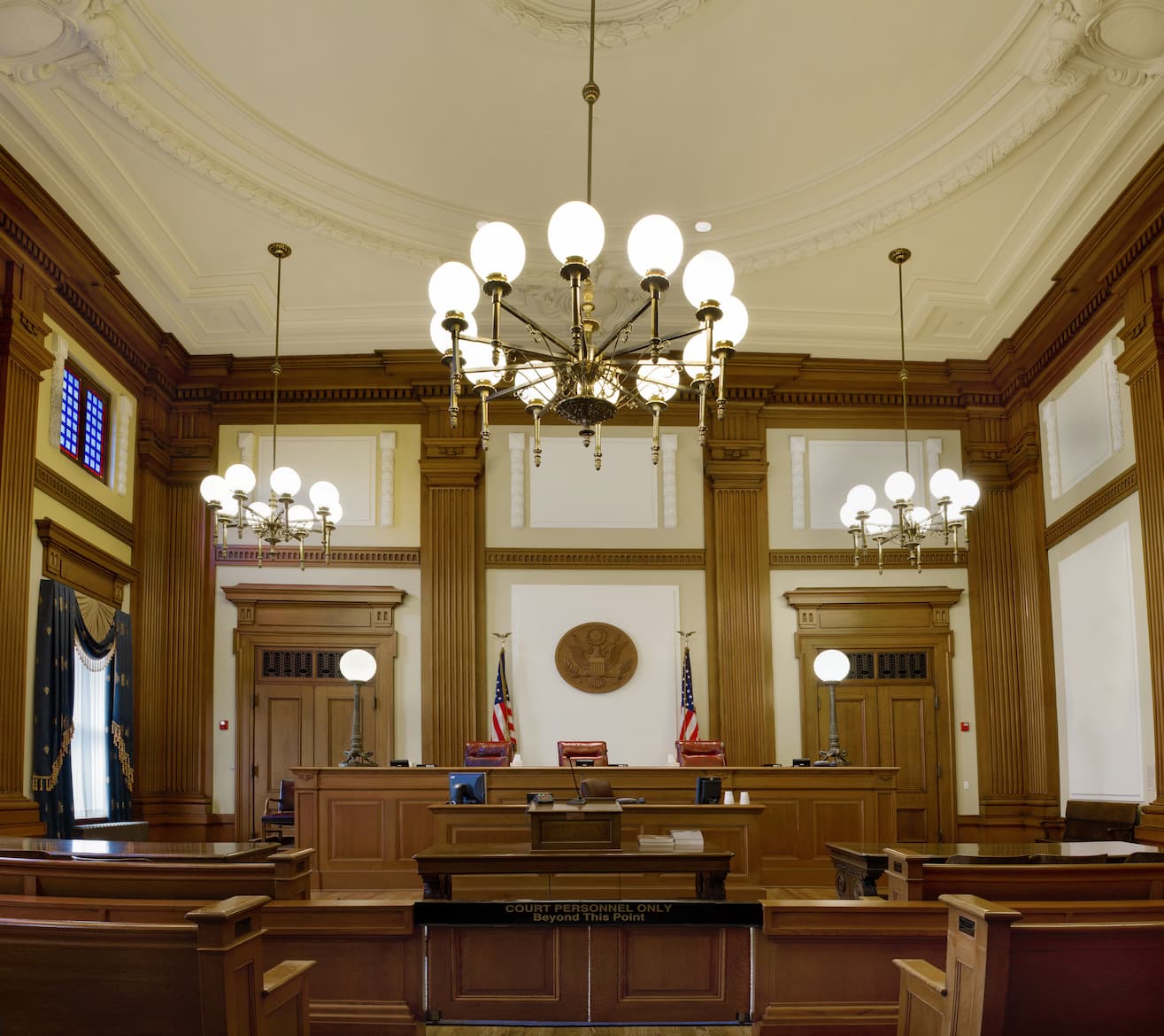General Litigation

What is “General Litigation”?
General litigation refers to the process of resolving legal disputes through the court system. This can include a wide range of disputes, such as contract disputes, personal injury claims, and property disputes. General litigation typically involves one party (the plaintiff) filing a lawsuit against another party (the defendant) in an effort to seek relief, such as monetary damages, an injunction, or a declaratory judgment.
The process of general litigation typically begins with the filing of a complaint, which lays out the plaintiff’s claims and the relief they are seeking. The defendant then has an opportunity to respond to the complaint, usually through the filing of an answer. After that, both parties engage in a process called discovery, which involves the exchange of information and evidence. This can include taking depositions, issuing subpoenas, and requesting documents.
After discovery is completed, the parties may engage in alternative dispute resolution (ADR) such as mediation, arbitration or negotiation, in order to try to settle the case before trial. If the case is not settled, it will proceed to trial, where both parties will present evidence and arguments to a judge or jury. The judge or jury will then make a decision on the case.
It’s worth noting that General Litigation can be a very complex and time-consuming process and it’s important to consult with an attorney who has experience in general litigation and who can guide you through the process.
How often are “General Litigation” cases settled?
The settlement rate for general litigation cases in New York varies depending on the type of case and the specific circumstances of the dispute. Generally speaking, a significant percentage of cases do settle before trial, either through negotiations between the parties or through alternative dispute resolution (ADR) methods such as mediation or arbitration.
According to the New York State Unified Court System, the New York State Supreme Court, which is the trial-level court of general jurisdiction in the state, about 60% of the cases that are filed in the court are settled before trial. The percentage may vary depending on the specific court, the type of case, and the stage at which it is settled.
It’s important to note that settling a case before trial can have many advantages, such as a faster resolution, more control over the outcome, and lower costs. However, it’s also important to carefully weigh the pros and cons of settlement, and to have a good understanding of the legal and financial implications of any settlement agreement, before deciding to settle. An attorney who specializes in general litigation can help advise you on the best course of action.
